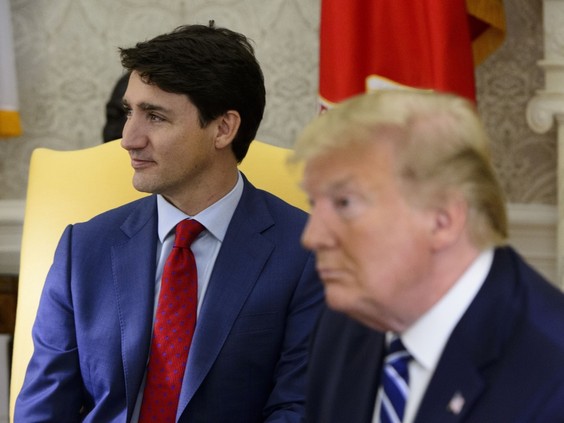The Taiwan Independence Dream, the Chinese Dream, and the Dream of Making American Great Again: 3 Dreams May Collide in an Unpredictable and Dangerous Way
When he was the mayor of Tainan, Lai Ching-te expressed that he was a political worker for Taiwan independence and would not change his stance no matter which position he held. As the premier, he declared he was a "pragmatic worker for Taiwan independence." Indeed, he did not change his stance due to his position. He said before the election that "the Constitution of the Republic of China is a disaster." If elected as president, his views will have been recognized by the majority of the people, earning him the legitimacy to realistically promote “Taiwanese nationalism and the constitution” of Taiwan independence. This is Lai's "Taiwan Independence Dream."
After mainland Chinese President Xi Jinping took office as general secretary of the Communist Party of China, he proposed the "Chinese Dream" of realizing the rejuvenation of the Chinese nation. In 2019, Xi’s speech at the 40th anniversary commemoration of the “Message to Compatriots in Taiwan” stressed that reunification is “the essential requirement for the rejuvenation of the Chinese nation in the new era.” In other words, Xi’s “Chinese Dream” cannot be realized without cross-strait reunification. This is also why Xi claimed in his New Year's Day speech this year that "the reunification of the motherland is a historical necessity,” for wouldn’t it be a slap in the face of the "Chinese Dream" otherwise?
In August 2022, the Taiwan Affairs Office of Mainland China released a white paper called "The Taiwan Issue and the Undertaking of China's Reunification in the New Era," stating that: "The ‘independence’ actions of the DPP authorities have led to tensions in cross-strait relations, jeopardized peace and stability across the Taiwan Strait and undermined the prospects for peaceful reunification, limiting the space for peaceful reunification. Therefore, it is an obstacle that must be removed in the process of striving for peaceful reunification." This statement illustrates that the mainland has extremely low trust in the DPP's willingness to improve cross-strait relations and now, coupled with the statement that "the Constitution of the Republic of China is a disaster,” it is evident that if the DPP continues to be in power, tensions in cross-strait relations should be expected.
As far as the mainland is concerned, there has been no progress in the peaceful reunification of the two sides of the Taiwan Strait. Apart from Taiwan independence separatist forces, the main obstacle lies in the United States. The white paper emphasizes: "Out of a hegemonic and Cold War mentality, the U.S. regards China as its most important strategic opponent and its most serious long-term challenge. The U.S. will do its best to contain and suppress China, intensifying their efforts to 'use Taiwan to contain China.'" This is why China asked the U.S. to publicly support "peaceful reunification across the Taiwan Strait" when U.S. officials met with President Xi in November last year.
Out of the need for hegemonic competition, the U.S. will never publicly support "peaceful reunification across the Taiwan Strait." Otherwise, how can it convince Japan, South Korea and its European allies that it will not abandon them and is willing to contain the rise of mainland China together? The United States is about to hold a presidential election in November this year and Donald Trump is likely to run for president on behalf of the Republican Party. Unless he is prevented from running for office due to his trial, he will likely return to the White House with his momentum, inevitably throwing new variables into Taiwan-U.S.-China relations.
When Trump first ran for president, he proposed the dream of "Making America Great Again." After taking office, he launched a trade and technology war with China and treated traditional allies with no pretenses. Since Trump firmly believes that China is taking away American jobs, it may be challenging to warm the situation between the U.S. and China in the future. Trump regards Taiwan as a country unworthy of attention. After taking office as president, he will likely use the Taiwan card to contain the mainland, making cross-strait relations even more challenging to stabilize under tense U.S.-China relations.
This year is very likely to be the year when the "Taiwan Independence Dream," the "Chinese Dream,” and the "Dream of Making America Great Again" all collide, making the degree of danger unpredictable. If voters don't want to live a turbulent life, the least they can do is prevent the "Taiwan Independence Dream" from becoming a variable in the relationship among Taiwan, the United States and China. After all, as the smallest of the three parties, it always suffers the most, so it must be cautious.

